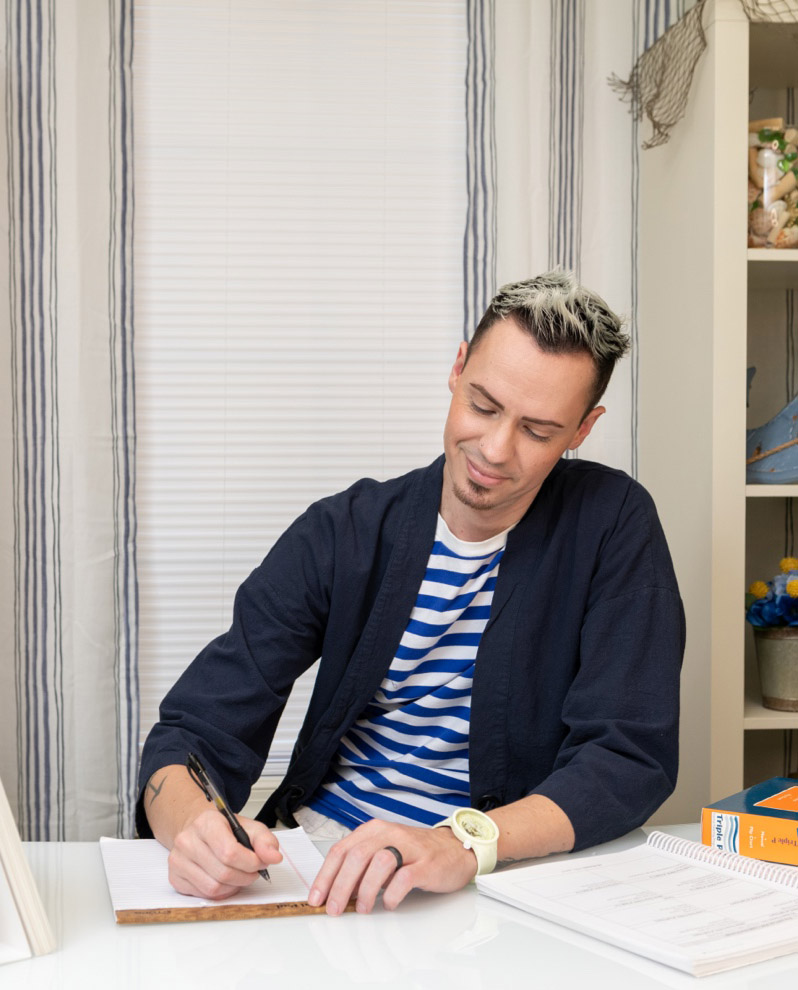Improving Outcomes with Role Play
Role playing is a valuable tool in therapy that can help clients work through issues and develop new skills.
It allows clients to practice different scenarios, explore their thoughts and emotions, and learn how to better manage difficult situations. By taking on the roles of various characters or exploring hypothetical scenarios, role play can provide an opportunity for insight into the impact of one’s own behavior, as well as others’ reactions.
Role play also provides a safe space for individuals to try new ways to express themselves without judgment from others or fear of repercussions from real life consequences. This type of learning environment encourages healthy exploration and experimentation with behaviors that may seem too risky in everyday life, such as trying out assertive communication techniques or practicing new problem-solving strategies. Role playing also helps clients learn more about themselves by providing insight into why they behave in certain ways when faced with particular challenges; this deeper understanding can create room for clients to consider a more effective strategy in the future.
Role playing also helps clients learn more about themselves by providing insight into why they behave in certain ways when faced with particular challenges…
In addition, role playing gives therapists an opportunity to observe the client’s responses while engaging in simulated conversations, which they would otherwise not get to witness. Therapists can gain further insight into what motivates a client’s behavior, and provide supportive feedback in real time. Research shows that clients are more likely to use techniques and strategies learned in therapy when they have had the chance to practice them, and role playing provides a great opportunity to practice!
Overall, role playing has many benefits both inside and outside the therapeutic setting – it helps clients become aware of their own actions and responses, while also providing an opportunity to ‘try on’ new ways of handling difficult situations without the risk of real life consequences!



